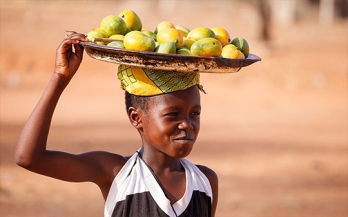

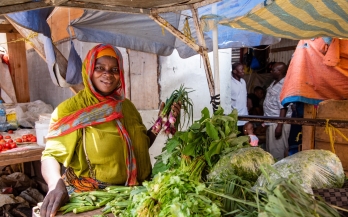
DELIVER Nigeria
- 14/11/2024
DELIVER Nigeria is a transformative three-year project (July 2024 - June 2027) designed to enhance the livelihoods of smallholder vegetable farmers in Kaduna and Kano states. This initiative, led by the Global Alliance for Improved Nutrition (GAIN) in partnership with East-West Seed Knowledge Transfer Foundation (EWS-KT) and Wageningen University and Research (WUR), addresses key challenges such as low yields, limited market access, high postharvest losses, and inadequate finance.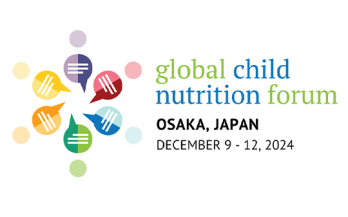
Global Child Nutrition Forum
- Osaka, Japan, Global
School Meal Programs in an Era of Food Systems Transformation- 4 days of peer-to-peer exchange and technical workshops bringing together school meal program leaders from around the world.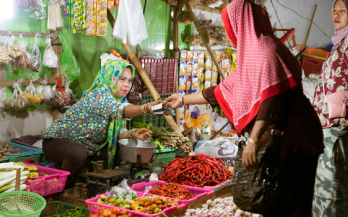
2024 Borlaug Dialogue
- Iowa, United Kingdom
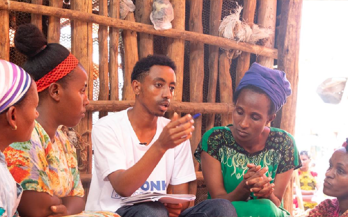
Rapid Market Assessment Tool for Food Safety In Traditional Markets
- 26/07/2024
The FTF EatSafe activity sought to improve food safety in traditional markets, adopting a systems approach and a focus on consumer demand. Traditional markets in LMICs are complex spaces at the core of food systems. Traditionally neglected, they are now recognized as key food environments where most people in LMICs procure their food, and where consumer demand meets supply chains.
Leveraging Consumer Demand to Drive Food Safety Improvements in Traditional Markets – An Activity Implementation Guide
- 24/07/2024
Feed the Future's Evidence and Action Towards Safe Nutritious Food (EatSafe) aimed to increase consumer demand for safe, nutritious foods in traditional food markets in Nigeria and Ethiopia. This document details recommended approaches for implementing activities aimed at enhancing food safety in traditional markets through demand-driven behavior change, drawing on insights and lessons learned from EatSafe’s activities in these countries.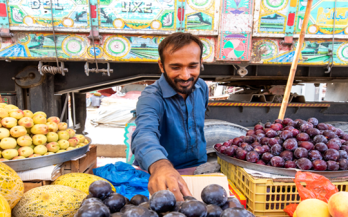
Leveraging Consumer Demand to Drive Food Safety Improvements in Traditional Markets: FTF EatSafe’s Research & Implementation Results.
- 26/07/2024
Improving food safety in low- and middle-income countries (LMICs), particularly in the traditional markets where most consumers shop, is crucial for advancing nutrition, health, and other development goals. Feed the Future’s (FTF) Evidence and Action Towards Safe, Nutritious Food (FTF EatSafe) activity aimed to stimulate and leverage consumer demand for safer food to drive improvements in food safety in traditional markets.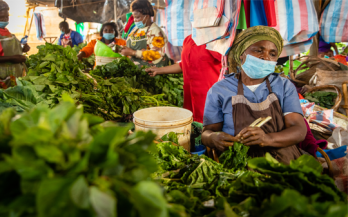
Food Safety Training Manual for Vendors in a Traditional Vegetable Market
- 26/07/2024
Feed the Future’s EatSafe: Evidence and Action Towards Safe, Nutritious Food (FTF EatSafe) aimed to boost consumer demand for safe, nutritious foods in traditional markets in low- and middle-income countries (LMICs), specifically Nigeria and Ethiopia. Utilizing a two-phased approach, FTF EatSafe's Phase I combined global evidence with local situational analyses to understand the context, and Phase II involved designing, testing, and implementing interventions to empower consumers. Insights from formative research guided the development of interventions, including the Vendor Training Initiative in Hawassa, Ethiopia. The Vendor Training Initiative, piloted in the Aroge Gebeya market in Hawassa
How government-industry collaboration can improve worker nutrition in India
- 11/09/2024
Enhancing nutrition for India’s working-age population through workforce nutrition practices can yield numerous benefits, including improved well-being for workers and their families, better productivity, and a stronger economy. Key pillars include access to healthy food, breastfeeding support, nutrition health checks, and nutrition education.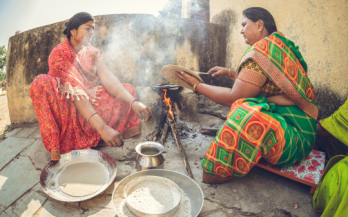
The Importance of Healthy and Hygienic Food Streets in India
- 11/09/2024
This brief describes a Government of India initiative – the Healthy and Hygienic Food Streets (HHFS) programme that aims to make the country’s street food safer. It shares some of GAIN’s recent contributions to these efforts and provides some implications for national and state governments to consider.